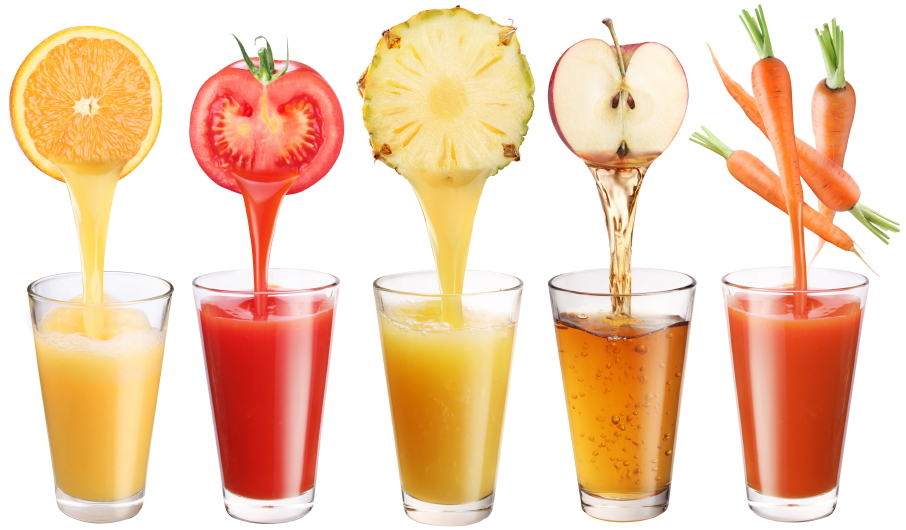Juicing may be one of most now trending ways to supposedly shed off weight while feeling great at the process. However these days, gulping down your greens might not be all that it’s cracked up to be. In fact, a lot of health practitioners have agreed that juicing may have the capacity to do some actual damages to your body in both mental and physical aspects. So before you reach for that kale juice, consider checking out the advices below:
It increases your blood sugar levels.
Fructose or fruit sugar can become more concentrated in juices and therefore can dramatically spike your body’s glucose levels, otherwise referred to as hyperglycemia. Then, after a short period of time, this will lead to an inevitable drop which is known as hypoglycaemia. If this roller coaster ride continues over a long period of time, then the possibility of having insulin/glucose instability within your body gets very real—with each shift between hyperglycemia and hypoglycaemia getting more and more intense.
It can result to tooth decay.
Dr. Matthew Nejad, a dentist and part of the teaching faculty of the USC’s School Dentistry has mentioned that fruit juices comes naturally high with sugars which can cause a s much tooth decay as any soda or candy. Vegetable and
fruit juices are also both considered highly acidic which m
eans that they can make the teeth more prone to erosion
chipping and decay. Here’s a tip for juicing to minimize its effects on the teeth: If you’ve just juiced, wait for at least 30 minutes after finishing your glass before you brush your teeth. The wait time allows your mouth to return to its normal pH thus preventing further damage. It is also betterto drink juice by using a straw to minimize the contactbetween the juice and the tooth enamel.
Juicing keeps you from chewing.
A lot of people may take this process for granted, but chewing is actually an important part of the body’s natural function. Just like with any part of your anatomy, your teeth needs blood flow in order to stay healthy. Chewing provide that certain stimulation, allowing blood to flow into the teeth, thus making it stronger. If you happen to juice a lot, you then chew less, which means less blood flow. In the long term, not chewing enough can cause decay to your teeth. Plus, it can also make your stomach go sluggish since chewing also provides stimulation to your digestive tract and prepares it to do its job.
It changes your stomach’s pH
When you juice right about everything to replace meals, you tend to alter the pH of your stomach and intestines, as well as change your bile patterns. This can somehow lead to lots of undigested whole foods, irritable bowel syndrome, ulcers, gallstones, leaky gut, diverticulitis and more. The human body is designed to eat our food and not really ‘drink” them. Christina Majors, a holistic nutritionist says that there is not a problem if you’re juicing to
supplement a healthy diet—after all your body will enjoy the extra nutrition. But if you’ve taken up juicing entirely and miss all the other nutrients that whole foods can provide, then you are sure fast-tracking your way to being nutritionally imbalanced and may even invite weight gain in the process.
It can stress out your body
If you are juicing to cleanse your colon and not as supplement to consuming real food, then this calorie-restricted dietcan be equated to short-term starvation. And we all know that starving yourself even lightly can put your body under certain amounts of duress and prompts it to release higher amounts of cortisol as a response. If you happen to have poor tolerance to stress, then this thing is far from being healthy for you.
It can lead to eating disorders
Alexis Conason,Psy. D, a duly licensed psychologist worrie
s about the mental harm that juicing as a form of dieting can bring. When people only drink juices and skip eating any other foods, they are depriving themselves mentally and
physiologically. Choosing to ignore the body’s natural cues for hunger and satiety may lead to the deregulation of one’ s appetite system and may create patterns of disordered eating. People who are using the juicing technique for cleansing becomes prone to overeating once they go off t he cleanse. So, they believe that the solution to over eating is to go on another cleanse, thus the start of a cycle of disorderly eating.
